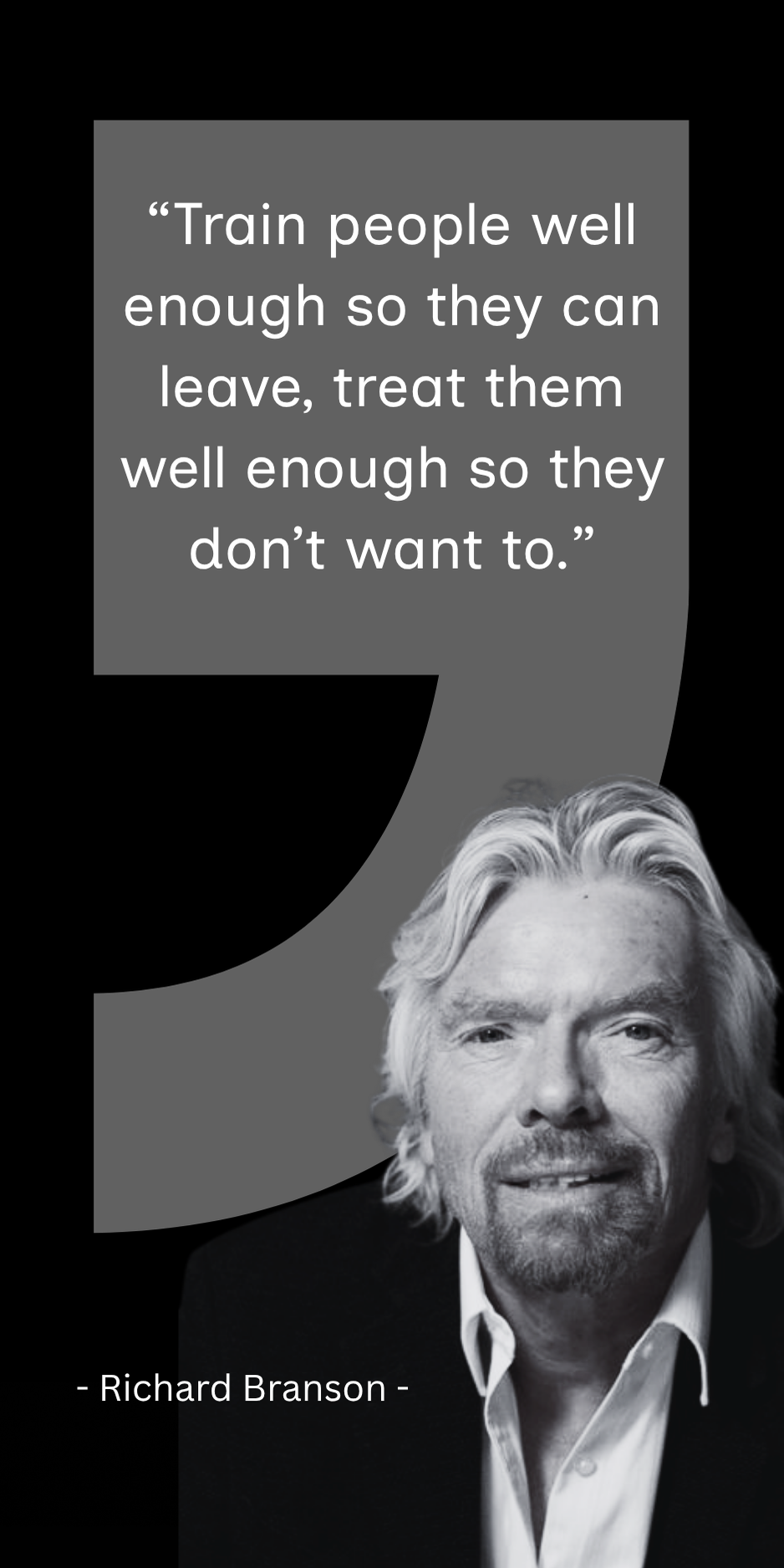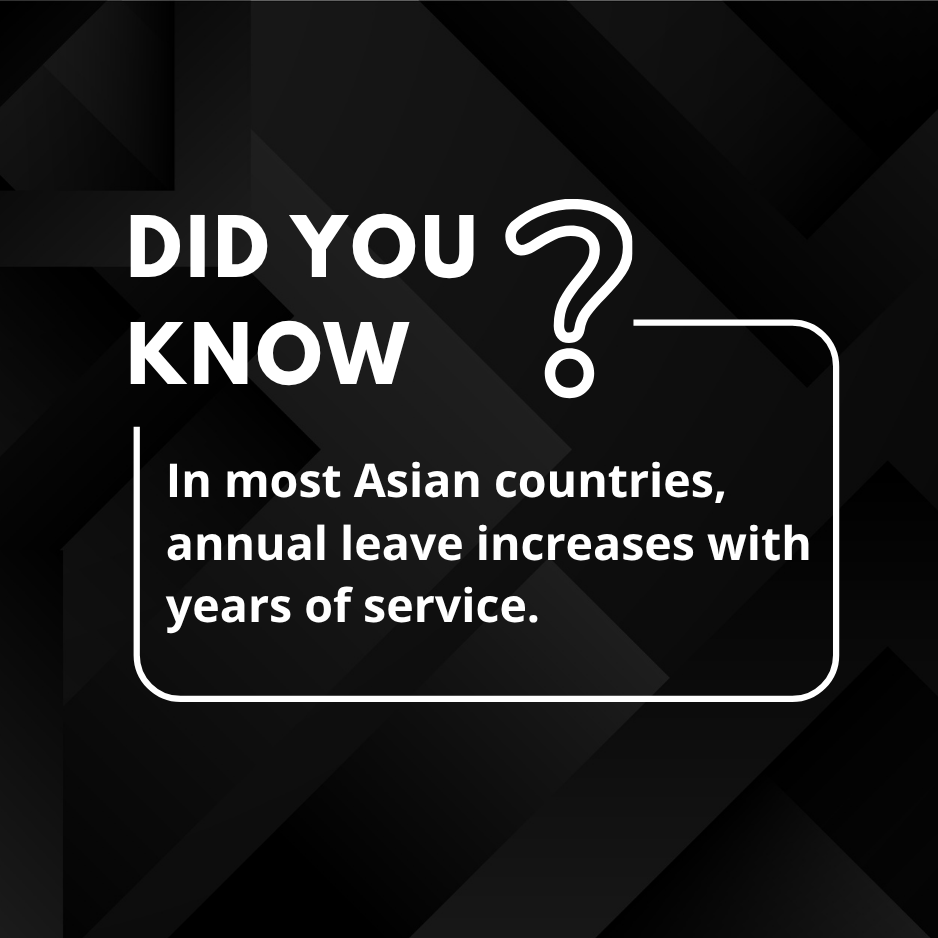Now Reading: The Role of Sleep in Professional Success
-
01
The Role of Sleep in Professional Success
The Role of Sleep in Professional Success

In the business sector, working overtime and burning the midnight oil are usually perceived as commitment and output. However, research provides a different storyline: rest should not be considered a luxury but rather a necessary requirement for career growth. The impact of sleep duration and quality on employee performance is far reaching, ranging from decision making and innovation, to the risk of the employees’ safety, and even to their longevity. The point of sleep as a performance enabler in the workplace constitutes a resource that the HR leaders can capitalize on to develop team engagement and productivity.
Sleep and Cognitive Performance
A good night’s sleep is extremely important for memory consolidation, learning, and concentration. Neuroscience finds out that during deep sleep, the brain is actually digesting the information, rejuvenating the neural connections, and cleaning up the metabolic waste. Employees lacking sleep will find concentration difficult, commit more mistakes, and will take more time to complete a given task.
The function of the brain that is decision making is very much affected by lack of sleep. One of the studies among those published in the Journal of Applied Psychology says that sleepless managers are more likely to take impulsive decisions, underestimate the dangers of a given situation, and have poor communication skills with their teams. On the other hand, the well-rested leaders obtain better judgment and quicker strategic thinking, which is directly linked to positive organizational outcomes.
Creativity and Innovation
First of all, a good sleep is necessary for creativity aside from accuracy and focus. During rapid eye movement (REM) sleep) the brain is able to make new connections between different concepts, and this is a major reason for the creative thinking and problem solving ability of a person. According to studies, the people who manage to have the necessary REM sleep are more creative when it comes to solving complicated problems. All this together with the industries that are heavily relying on technology such as IT, design, and advertising, sleep is just as valuable as technical skills.
If companies dismiss sleep, they might be trampling on the creativity of their employees. In these conditions, staff will be relying on caffeine, nervousness, and tension which will only help them to grope in the dark for a while rather than come up with fresh ideas. Organizations are able to reach the creativity of their employees by advocating the habit of sleep which is a natural source of creativity.
Workplace Safety and Sleep
The negative effects of bad sleep are not limited to reduced productivity only they also extend to the side of safety at the workplace. Fatigue after sleep deprivation slows down the reaction time like alcohol intoxication. In areas such as production, shipping, and health care, lack of sleep raises the probability of emergencies, injuries, and even deaths. One of the reasons the World Health Organization considers the issue of fatigue and the accidents arising is the money they cost in terms of lost productivity and claims every year.
Even the employees who work in offices but are sleep deprived make more mistakes, they do not meet work time and can get into conflicts with other employees. A society that is lacking in rest and undervalues the importance of it is therefore a culture that is full of dangers at the individual level and for the whole organization.
HR’s Role in Promoting Healthy Sleep
Employers certainly have no power over the sleep count of their employees, but HR is able to put some policies and create an atmosphere that will lead to healthier patterns. Some of the strategies that yield results are:
Flexible Scheduling: Permitting workers to customize their work hours will not only be comfortable for them but will also reduce the chances of them ending up in a situation of sleep deprivation which might be caused by long evenings and long journeys to work.
Wellness Education: Providing sleep hygiene workshops that comprise topics like cutting down the usage of electronic gadgets, keeping regular routines, and preparing inviting places for sleeping is a good way to let staff have the right info.
Reasonable Workload Management: Forcing less overtime on employees and ensuring that there are clear boundaries between work and personal life can result in low stress which is a major cause of sleep disturbance.
Mindfulness and Stress Reduction: The program of meditation or yoga will be of great help to workers wrapping after their day and hence better sleep quality will be achieved.
Leadership Modeling: Leaders who openly accept rest as a necessity and are not guilty of exhaustion do committable sets the way for a better workplace culture which is healthier.
Therefore, by incorporating the sleep issue into the wellness game, HR will be successful in letting workers get the idea that the rest is one essential contributor to the success of work and not a barrier to work productivity.
Rest as a Competitive Advantage
A good sleep is one of the main, but usually overlooked, factors for a professional career to be successful. It improves the ability to makeecisions, invigorates the creative side of a person, and, moreover, it assures safety in the workplace. Still, exhausted organizations are going strong and in such cultures being tired to the bone is still considered a badge of honor. The main task of HR managers is to present and make the case that sleep should be considered a strategic asset.
By encouraging a healthy lifestyle and creating cultures that genuinely respect naps, businesses raise their potential, creativity, and adaptability. In the end, the organizations that will go further and survive the crisis better will be those that have made the decision to sleep well. Eventually, they will be the ones that demonstrate that the road to success is sometimes the one that starts with a good sleep.












